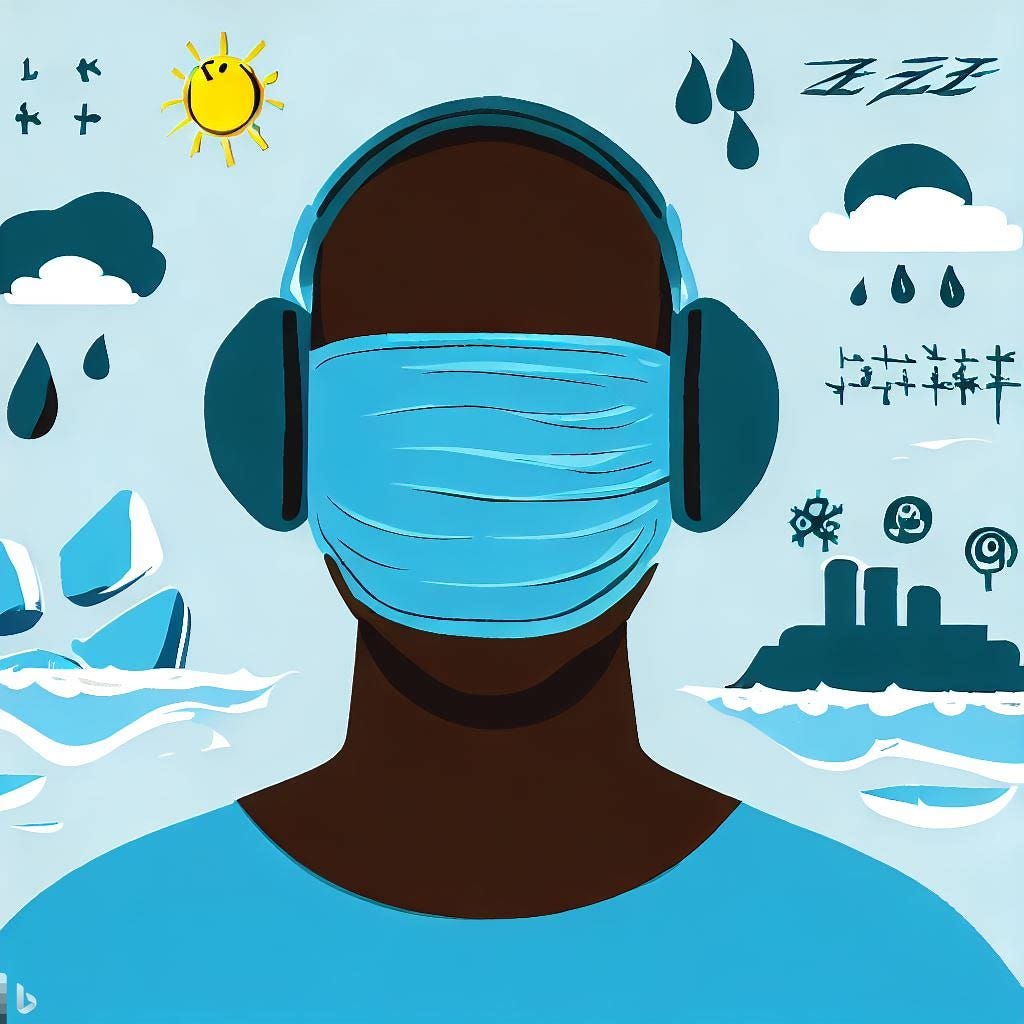The Psychological Underpinnings of Climate Change Denial
A significant number of individuals still denying its existence or severity despite overwhelming scientific evidence. But why?
In recent years, the topic of climate change has become increasingly polarized, with a significant number of individuals still denying its existence or severity despite overwhelming scientific evidence. But why? The answer may lie not in the realm of science but in the intricacies of human psychology.
Confirmation Bias: At the heart of many beliefs is the tendency to seek information that aligns with our pre-existing views. When faced with evidence of climate change, many individuals might selectively focus on data or opinions that support their existing beliefs, conveniently ignoring the vast majority of evidence that contradicts them.
Motivated Reasoning: This cognitive bias pushes individuals to form conclusions that align with their desires or pre-existing beliefs. For instance, if accepting the reality of climate change means making uncomfortable lifestyle changes, some might find it easier to deny its existence altogether.
Cognitive Dissonance: Holding two conflicting beliefs can cause mental discomfort. For some, the solution is to reject the uncomfortable fact (climate change) to maintain a harmonious internal state.
Echo Chambers: In our digital age, it's easy to surround oneself with like-minded individuals. This creates an environment where one's beliefs are constantly reinforced, further entrenching them.
Reactive Devaluation: If information comes from a source we view as adversarial, we're more likely to dismiss it. For many, climate change has become a political issue, and information from the "opposite side" is automatically devalued.
Sunk Cost Fallacy: After investing time, energy, and emotion into a particular belief, it becomes increasingly difficult to change one's stance. Accepting the reality of climate change might mean admitting that one has been wrong for years.
Tribalism: Political and social identities can heavily influence our beliefs. If acknowledging climate change feels like betraying one's "tribe," denial becomes the easier path.
Distrust in Institutions: With growing skepticism towards traditional institutions, many are primed to reject the consensus of the scientific community.
Psychological Distancing: The worst impacts of climate change can feel distant, both in time and geography. This distance makes the threat feel abstract, reducing the urgency to act.
While it's easy to dismiss climate change deniers as uninformed or stubborn, it's essential to understand the deep-seated psychological reasons behind their beliefs. We can only bridge the divide and work collectively toward a solution by addressing these underlying issues.
Personal Anecdote: I recall a conversation with a close friend who was skeptical about climate change. Instead of confronting him with facts, I listened to his concerns. It turned out he felt overwhelmed by the magnitude of the problem and found denial easier than facing the truth. By understanding his perspective, we engaged in a more productive dialogue.
Call to Action: Educate yourself and others about the psychological barriers to accepting climate change. Engage in open conversations, listen actively, and approach the topic with empathy. Together, we can foster understanding and drive meaningful action.
For those keen on delving deeper into the psychology of climate change denial, numerous resources and organizations offer insights and training on effective communication strategies. Knowledge is power, and understanding is the first step towards change.


